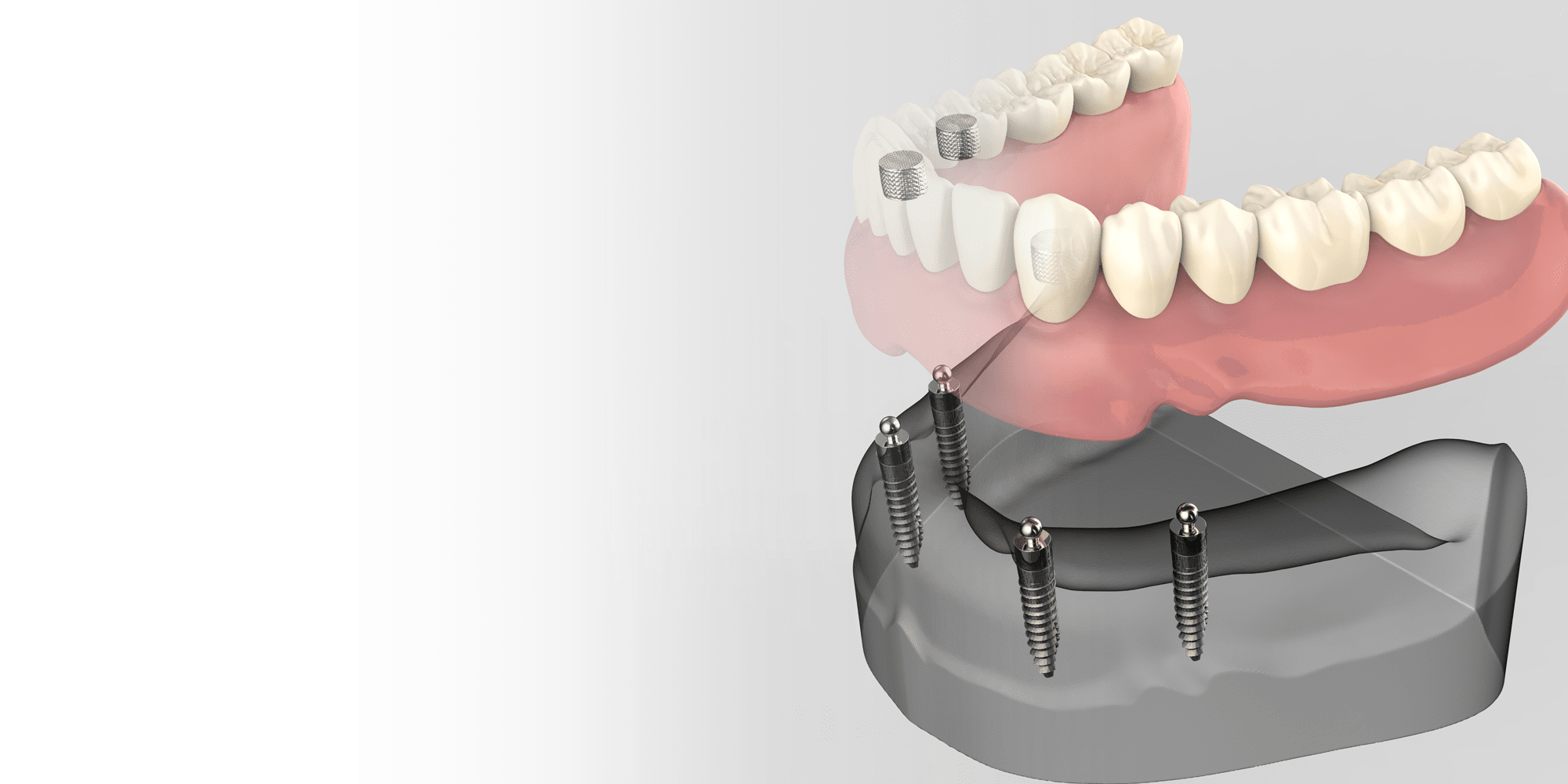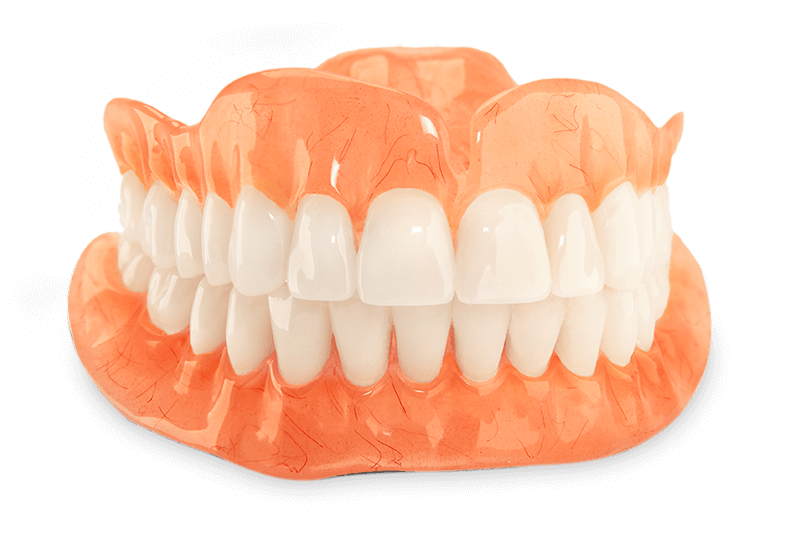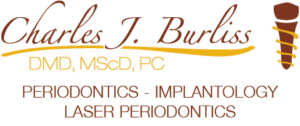

Dentures are replacements for missing teeth that can be taken out and put back into your mouth. While dentures take some getting used to and will never feel exactly the same as one’s natural teeth, today’s dentures are natural-looking and more comfortable than ever.
There are two main types of dentures: full and partial. Your dentist will help you choose the type of denture that’s best for you based on whether some or all of your teeth are going to be replaced and on the cost involved.
Unlike a regular denture, which rests on your gums, implant-supported dentures are anchored in your mouth by dental implants. Most often, this form of denture is placed in the lower jaw because dentures tend to be less stable in the lower jaw. However, implant-supported dentures can be placed in the upper jaw as well.
In this type of denture, your implant-supported denture snaps into place on the implants surgically placed in your jaw. This prevents the denture from slipping or coming loose in the mouth. It also removes the need for denture paste or adhesives. The implant-supported denture can be removed at night for cleaning or, if you have a fixed implant-supported denture placed, your dentures will act as permanent teeth.
There are two types of implant-supported dentures: bar-retained dentures and ball-retained dentures. Both types of dentures require two or more dental implants to be placed; both will provide you with a beautiful, natural smile.
Dental implants are long-term replacements that your doctor surgically places in the jawbone. These dental implants are composed of titanium metal that “fuses” with the jawbone through a process called “osseointegration.” These implants never slip nor make embarrassing noises making it obvious that you have “false teeth.” Because they are made of titanium, you do not have to worry about the decay that can result from fixed bridges. You will typically not have an issue with bone loss because the titanium is surgically inserted into your jaw bone.
Doctors have been placing dental implants for over 20 years, and the best part is that most of the implants that were placed in the late ‘80s and early ‘90s are still operating at peak performance. If properly cared for, dental implants can last a lifetime. To better guarantee the success of your treatment, we choose to place dental implants from Straumann® and BioHorizons®, two of the world’s leading implant manufacturing companies. These companies have been providing superior quality dental implants for years and continue to remain at the forefront of implant manufacturing for their innovative and customizable solutions.
